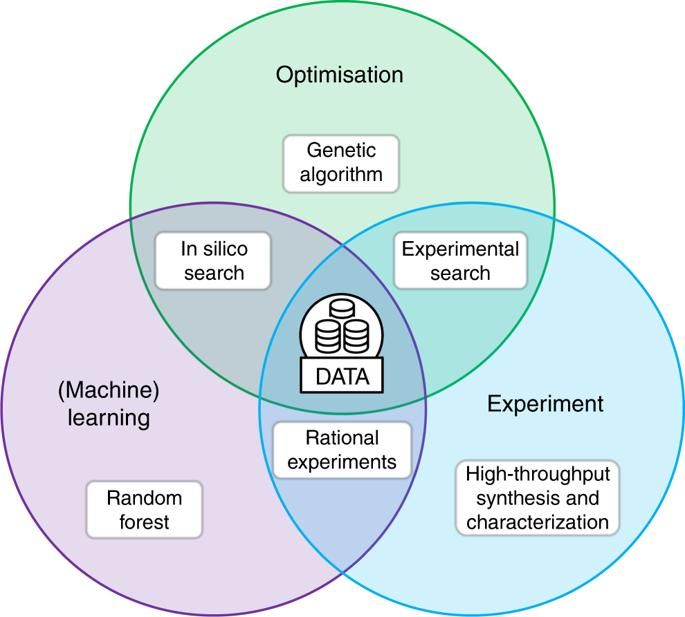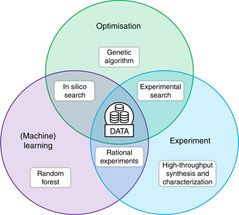Intuition and failure as valuable ingredients in chemical research
Methodology to collect lessons learned from partially failed trials and incorrect hypotheses
Advertisement
Researchers from the lab of NCCR MARVEL's deputy director Berend Smit and colleagues have developed a methodology for collecting the lessons learned from partially failed trials and incorrect hypotheses -- the experiments that didn't work.

Free-photo; pixabay.com; CC0

Graphic showing how the three components of the framework - synthesis, optimization, and machine learning - interact.
Seyed Mohamad Moosavi, Arunraj Chidambaram, Leopold Talirz, Maciej Haranczyk, Kyriakos C. Stylianou & Berend Smit


The researchers used machine learning to capture chemical intuition -- which they defined as the collection of unwritten guidelines chemists use to find the right synthesis conditions -- from a set of (partially) failed attempts to synthesize a metal-organic framework.
Since these experiments are usually unreported, they reconstructed a typical track of failed experiments in the successful search for the optimal synthesis conditions for yielding a certain MOF with the highest surface area reported to date. They go on to show how important quantifying this chemical intuition is in the synthesis of novel materials.























































